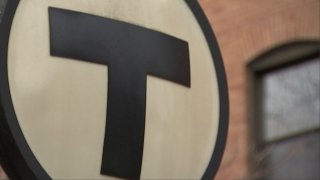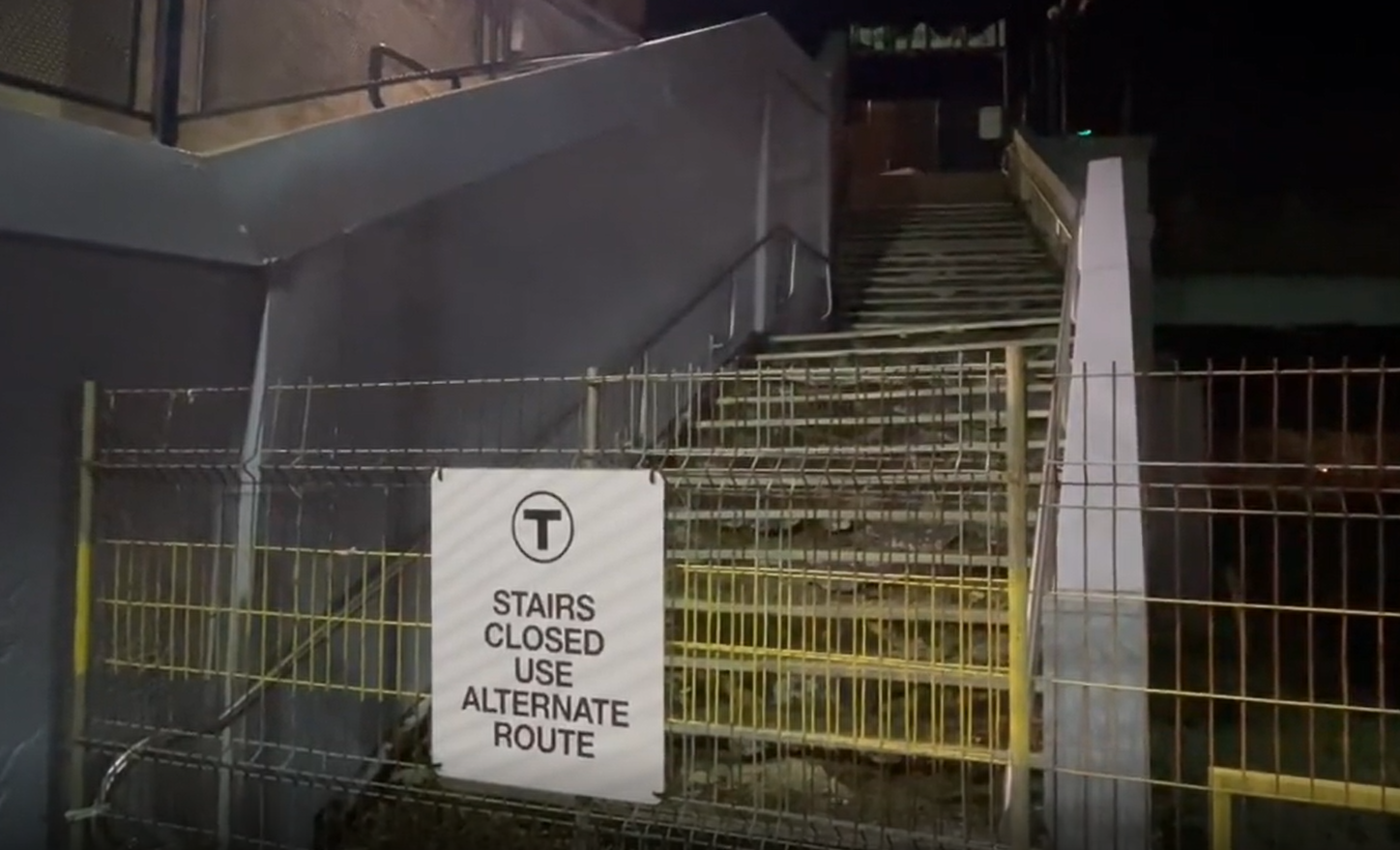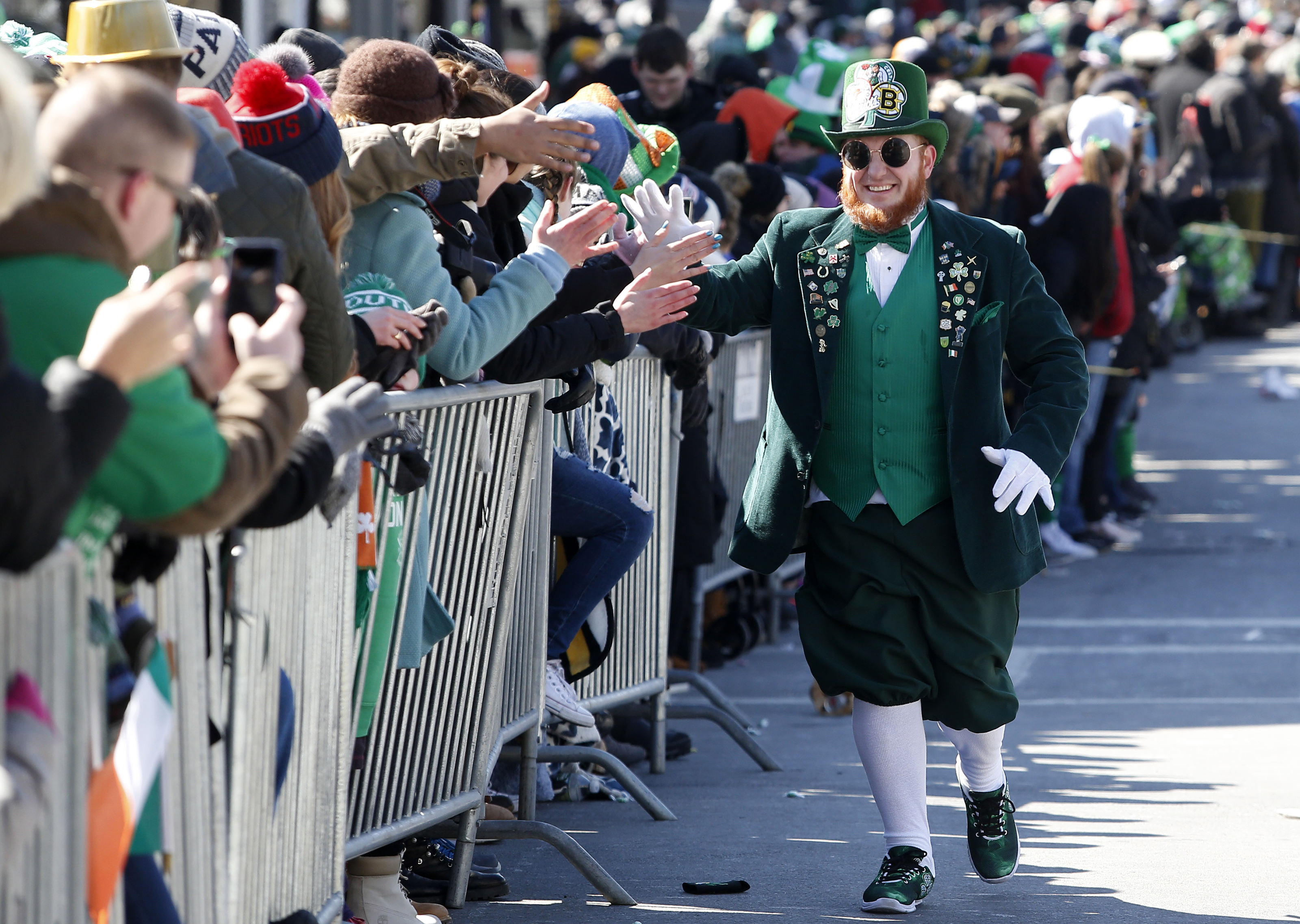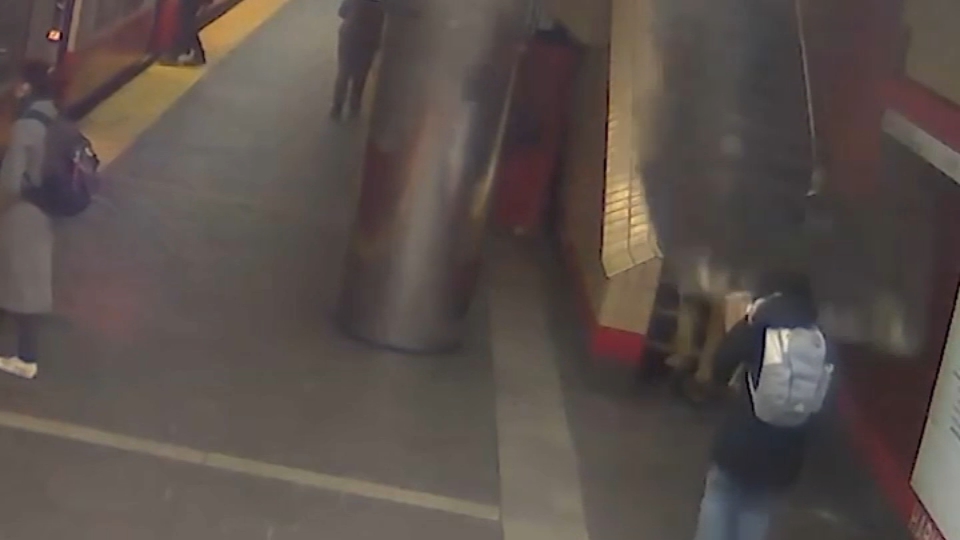
One of the region's leading business groups called Monday for the Healey administration to offer the next leader of the MBTA a sizable pay raise, arguing that the agency needs better compensation to attract the talented candidates needed for the challenging job.
The Greater Boston Chamber of Commerce commissioned an analysis of how top officials are paid at other major U.S. transit systems, which prompted it to suggest the T provide whatever candidate Gov. Maura Healey selects a base compensation package "in the range of $450,000 to $500,000."
WATCH ANYTIME FOR FREE
>Stream NBC10 Boston news for free, 24/7, wherever you are. |
That would represent a more than 30% raise over the base salary that MBTA General Manager Steve Poftak earned in his final year holding the post.
"This is about the future of the service, safety, and culture of the MBTA, and to ensure success, we must invest in hiring the best expert to lead the system forward. This is a long-term investment in a role that will stabilize and transform our T, which is for the benefit of the people of Massachusetts," said Chamber President and CEO James Rooney. "When the administration hires the General Manager, we must ensure that this leader is successful in turning the T around -- and a crucial part of ensuring success is accountability. With the appropriate salary, there is the simultaneous demand for the new General Manager to deliver strong results that benefit the future of the Commonwealth."
Get updates on what's happening in Boston to your inbox. Sign up for our >News Headlines newsletter.
The employees of the businesses represented by the chamber are among those who have endure service reductions and safety woes that have thrust the MBTA into the spotlight, and the compensation analysis comes as Healey search for a new general manager extends now into her third month in office.
Poftak, who held the GM post for four years under former Gov. Charlie Baker and resigned just before Healey took office, earned $339,144.92 in base pay in 2022, plus $78,585 in "other pay" reflecting performance bonuses, according to state payroll records maintained by the comptroller's office.
He did not earn any such bonuses the year before, when his 2021 total compensation consisting entirely of $324,800 in base pay.
Executive Rewards Advisory, the firm tapped by the Chamber, pulled together compensation figures for eight other transit agencies, based in all but one case on press reporting and not from the agencies themselves or contract paperwork. The firm said it is unclear what other types of compensation such as bonuses and relocation payment were awarded at the time of appointment.
Based on the figures Executive Rewards Advisory published, Poftak's base pay last year would rank second to last among the salary figures for the field, only surpassing the $313,813 that New Jersey Transit paid to Kevin Corbett. However, Poftak's total compensation, including his bonuses, of $417,729.92 would be fourth on the list, behind the Washington Metropolitan Area Transit Authority (WMATA), Toronto Transit Commission and San Francisco's BART.
Get updates on what's happening in Boston to your inbox. Sign up for our News Headlines newsletter.
(A BART spokesperson previously told the News Service its top official, Robert Powers, earned $402,950.80 in 2022 plus another $36,201.94 in other pay, which is a bit higher than the $429,957 figure cited by Executive Rewards Advisory. Similarly, a Chicago Transit Authority spokesperson said its president, Dorval Carter, earned $367,790.34 in 2022, compared to the $350,000 that Executive Rewards Advisory reported.)
Chamber officials pointed specifically to WMATA as the most recent to hire a top executive. Last year, WMATA hired former MBTA chief safety officer and assistant general manager Randy Clarke on a five-year contract with an annual salary of $485,000 and up to a 10% annual bonus.
In terms of ridership, WMATA is one of the most similarly sized transit agencies in the country compared to the MBTA. The D.C. Metro system shares another point in common with the T: both agencies are the only two into which the Federal Transit Administration has launched safety management inspections to more closely scrutinize persistent problems.
State Street CEO Ronald O'Hanley, who chairs the Greater Boston Chamber's board, said in a statement that his company's employees "depend on the MBTA every day."
"We must have a leader who can successfully manage and inspire confidence in our public transportation system. And, for every community in Massachusetts, the T is a lifeline and resource that is a necessity," O'Hanley said. "The study of the necessary compensation for the General Manager reveals what we know to be true: to fix the current challenges of the T, we need to make a significant, strategic investment in this role."
Not all agree, however, that the pay offered is the main factor in attracting the right general manager to address the MBTA's myriad problems.
LivableStreets Alliance Executive Director Stacy Thompson said the GM might need a raise given the region's high cost of living, but stressed that she does not view compensation as "a dealbreaker."
"When you look at the salary, it is competitive compared to other major urban settings. It's not the highest, it's not the lowest," Thompson said. "For an ambitious person who wants to make their mark, this is a really interesting job. I think what they're going to want to know is: does the Legislature have their back? Does the governor have their back? Because that has been, in my opinion, the critical flaw."
"What has held other general managers back is not having the resources, not having the political will to make change," she added.
Healey has not yet named a permanent general manager 10 weeks after she tapped search firm Krauthamer & Associates to launch a nationwide search and eight weeks after she took the oath of office.
The MBTA's longtime deputy general manager, Jeff Gonneville, has been filling the top role on an interim basis in that span.
Monday also marks the deadline Healey targeted to hire a "transportation safety chief" to address issues across the T and transportation infrastructure. She said in her Jan. 5 inaugural address that within 60 days, "we’ll appoint a safety chief to inspect our system, top to bottom and track by track."




